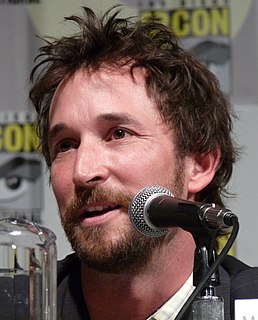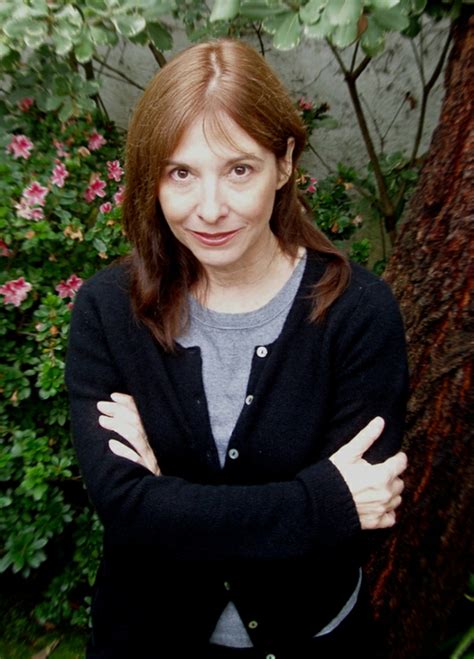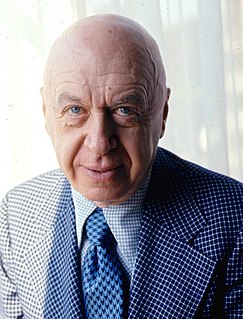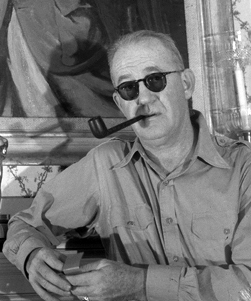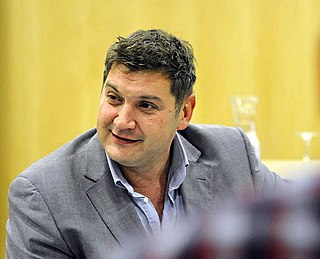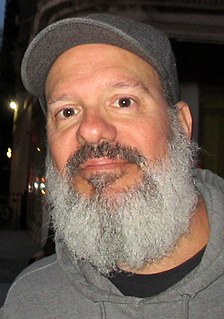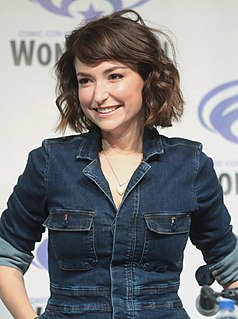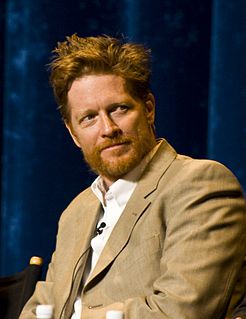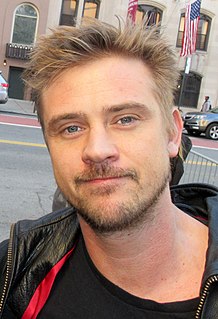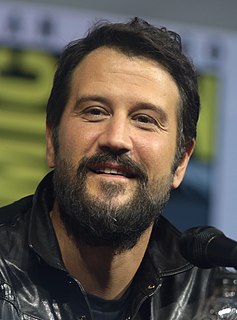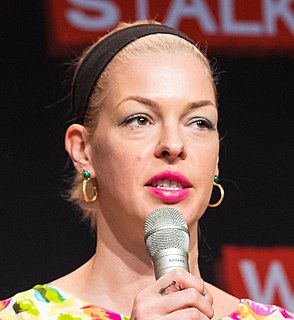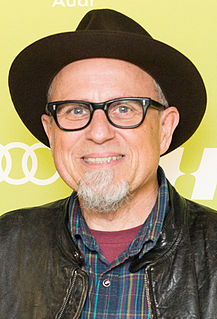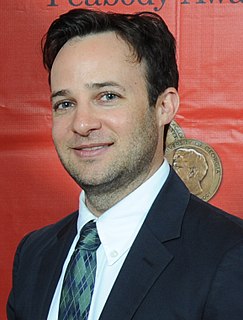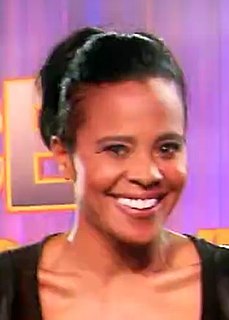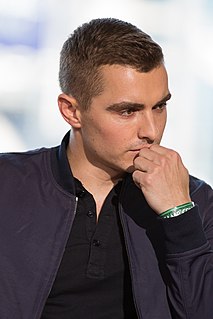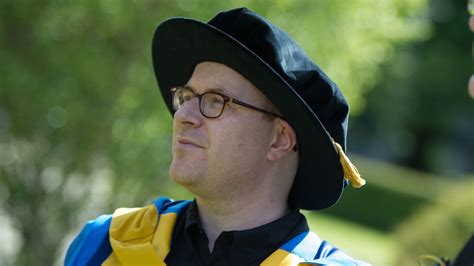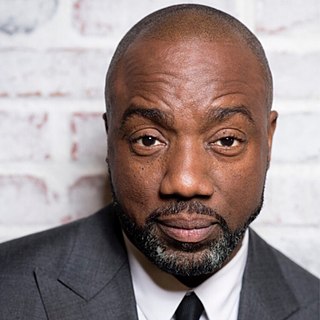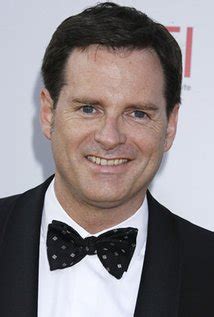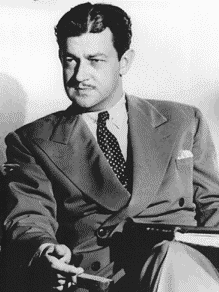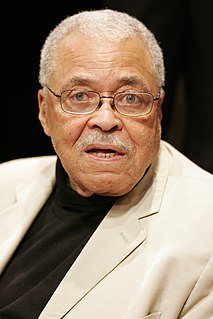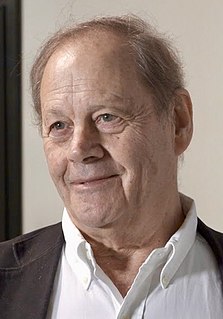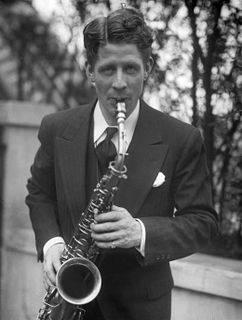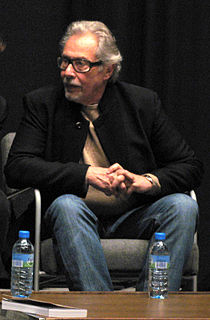Top 1200 Directing Actors Quotes & Sayings - Page 2
Explore popular Directing Actors quotes.
Last updated on November 16, 2024.
I think I'm good with actors. I like directing actors. I also like to show up and just do an acting gig. Where I'm just a hired gun, I don't have to have an opinion on anything.I never got involved in all this stuff because I wanted to control stuff; I got involved in writing and producing because I wasn't getting interesting acting gigs. In a way I'm grateful that I didn't get interesting roles, because it made me pull my finger out and do some work.
As a director, I have to feel realism from actors, and they can't be plastic. The words for me are secondary, but the chemistry between the actors is most important. However, you have to go by the script because it's related to production, otherwise you will not finish your project. My background are acting, film production, directing, and I studied them for many years. Keep in mind that you need many other skills when you are starting any film project related to real life.
Choreography is amazing. I'm still a dancer, yet I transitioned into choreography then as a Creative Director. All of these creative elements are brought out of being a dancer. Directing is something that comes out of understanding movement and choreography. Directing movement is directing a dance piece.
I love actors, both my parents were actors, and the work with actors is the most enjoyable part of making a film. It's important that they feel protected and are confident they won't be betrayed. When you create that atmosphere of trust, it's in the bag - the actors will do everything to satisfy you.
I love to direct! I get really jazzed by directing, but directing is not the same kind of personal expression, the same kind of personal intimate expression that writing is. Because when you're directing, you're basically managing, basically getting out of people doing their job, except when you see them going astray.

